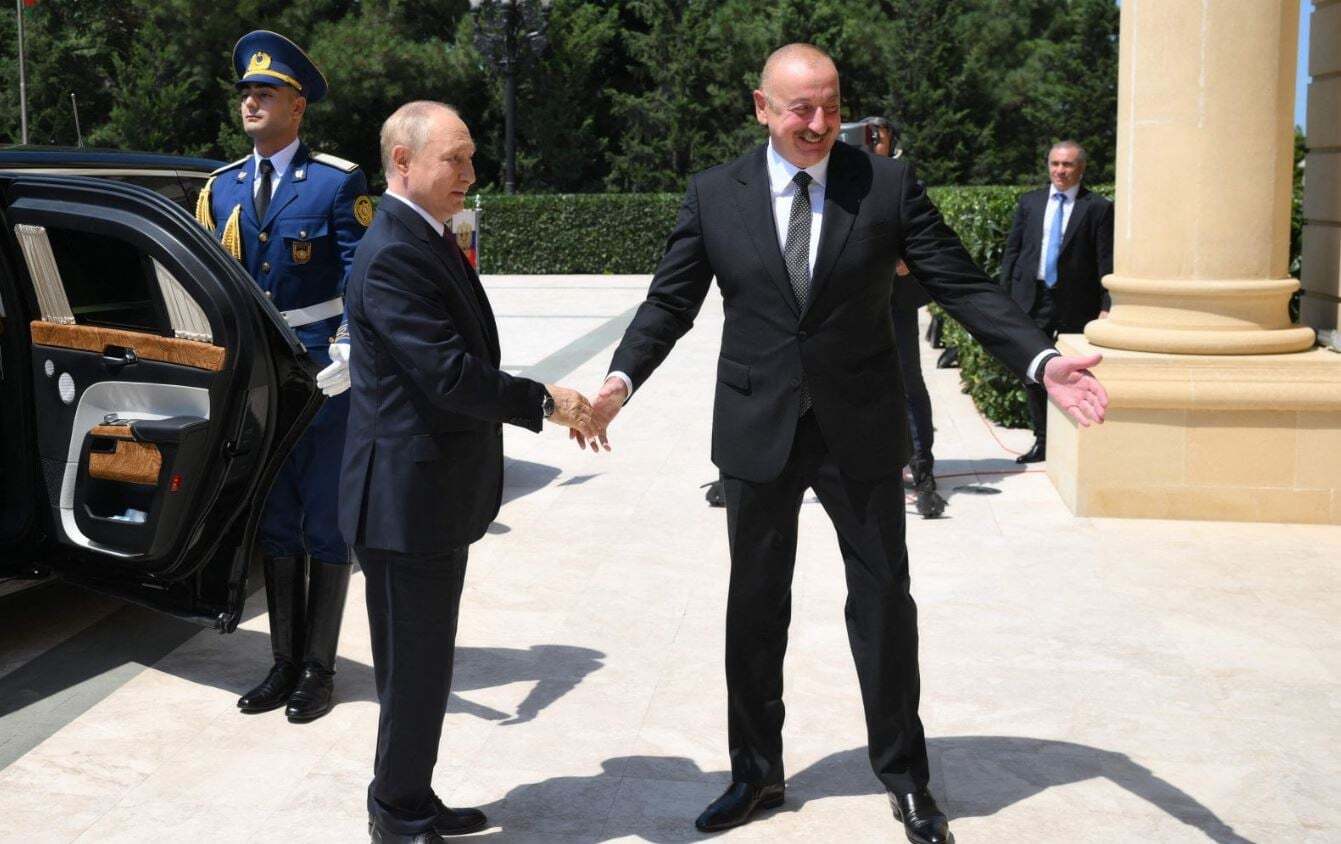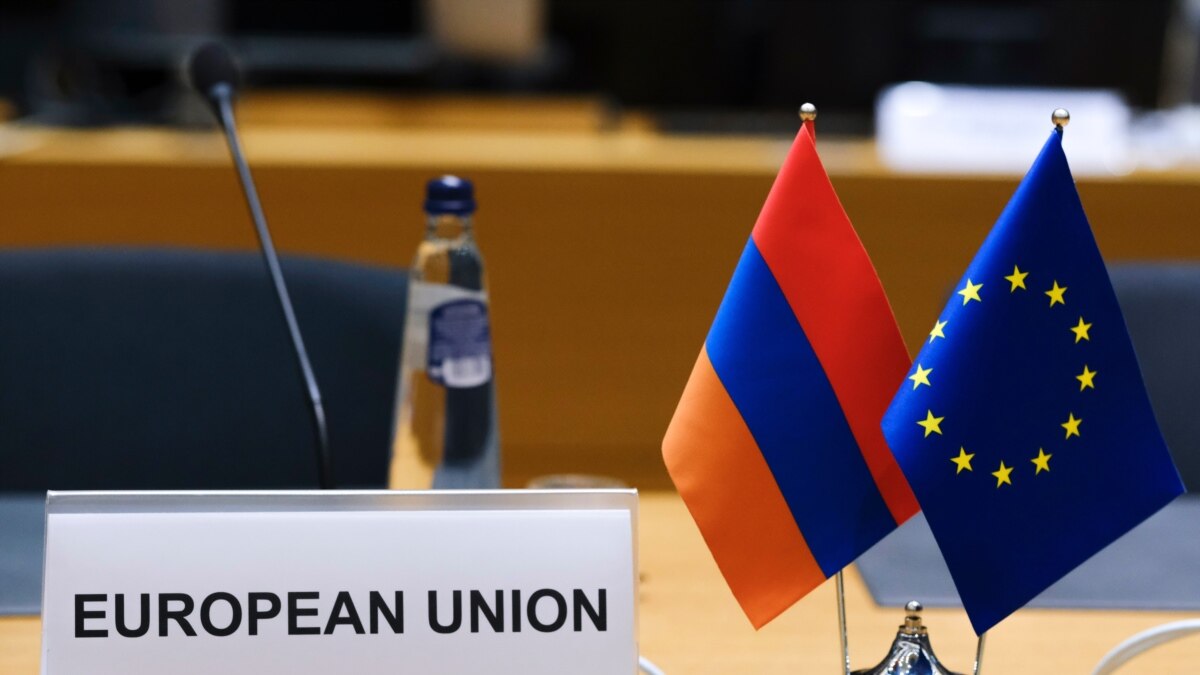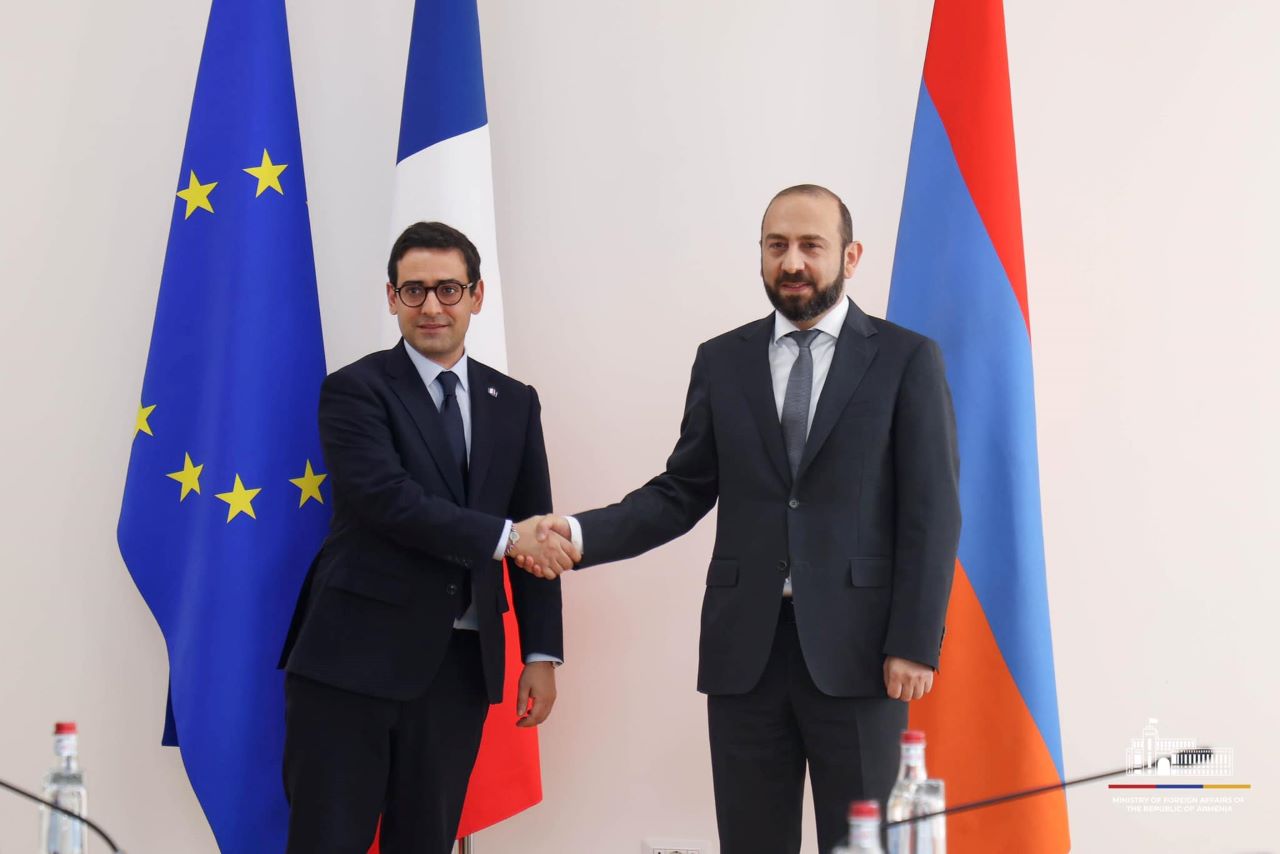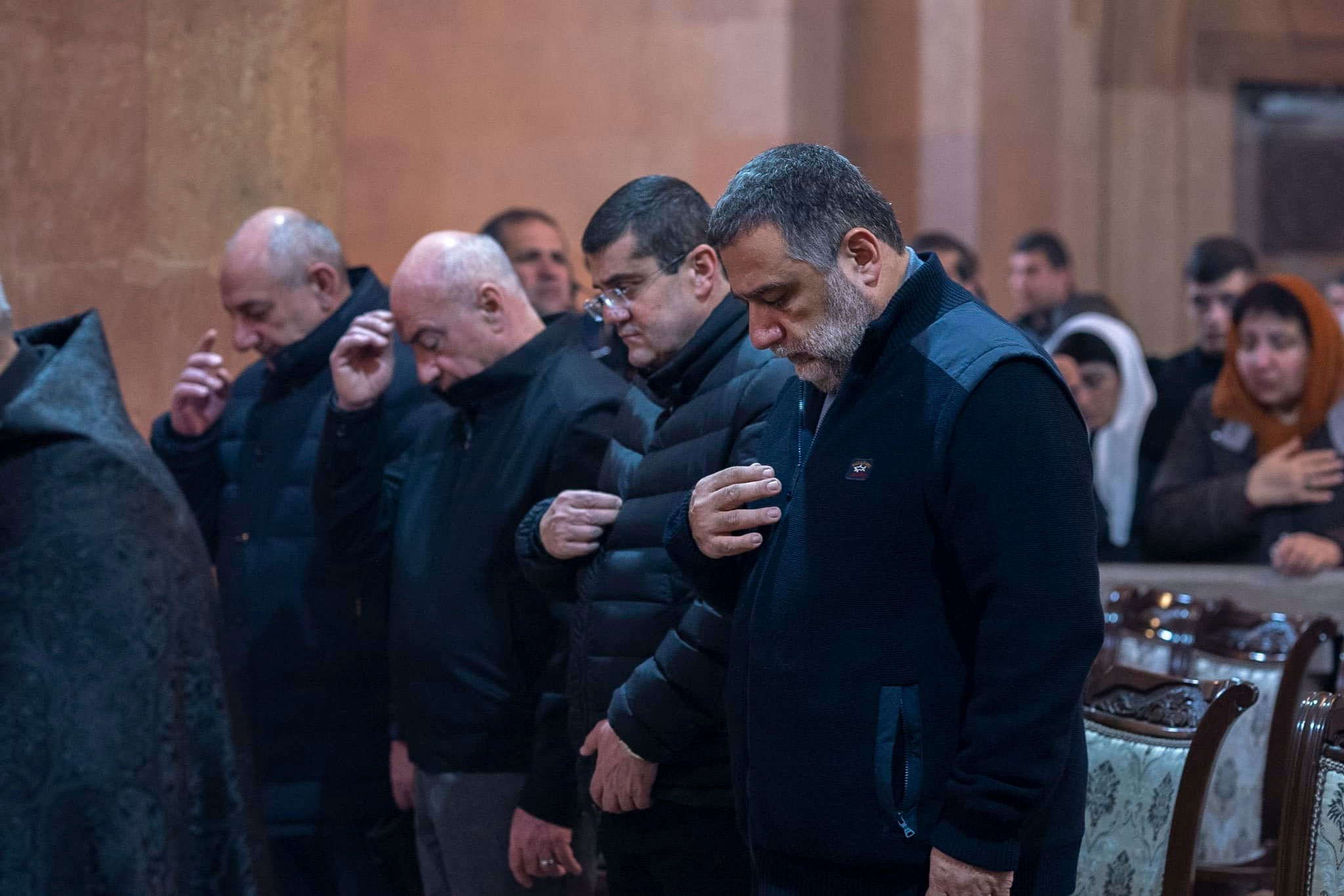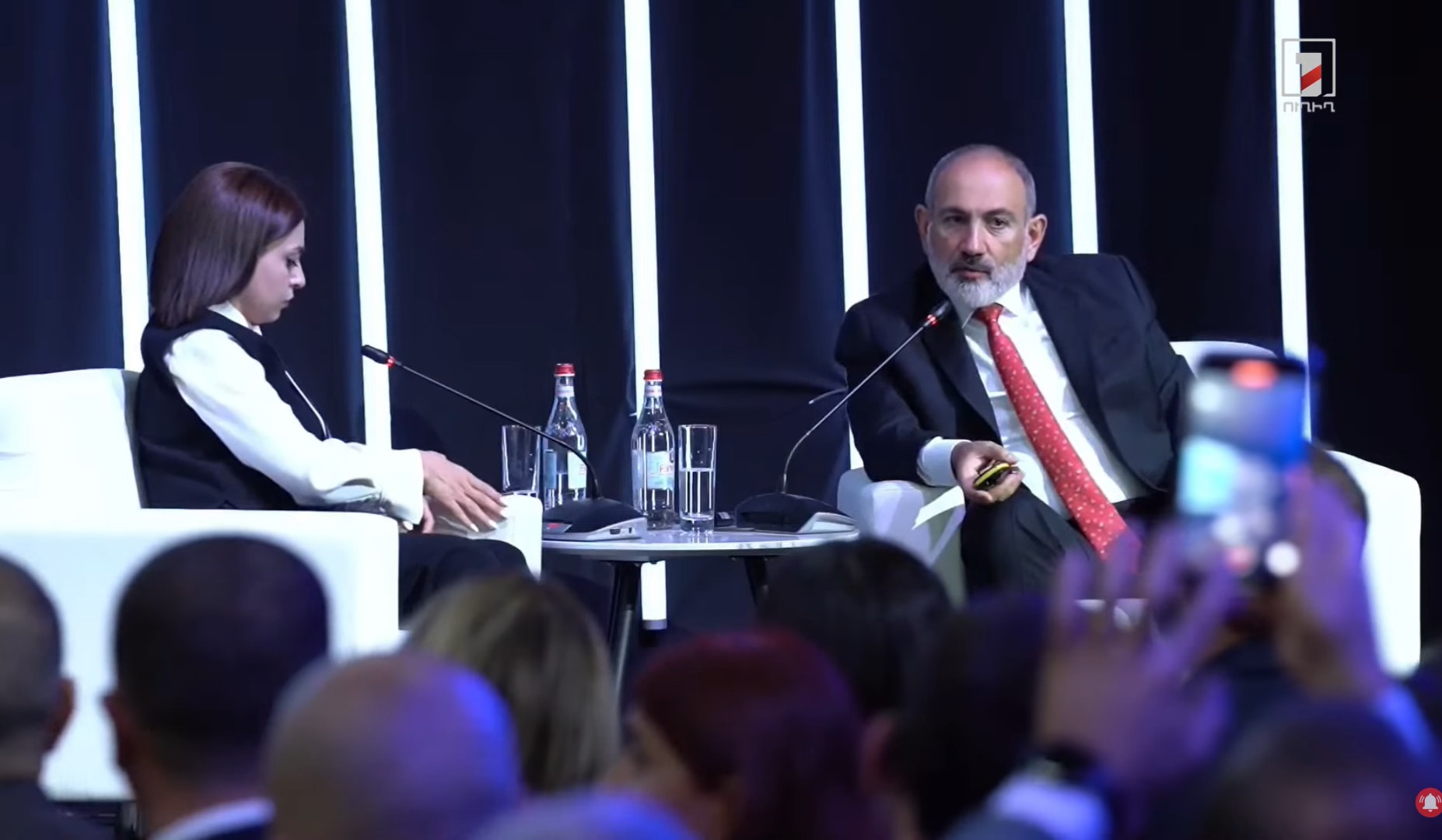
CSTO is a threat to Armenia
Until Armenia receives satisfactory answers from the CSTO, the country will continue to distance itself from the organization and may reach a “point of no return,” stated Armenian prime minister Nikol Pashinyan at the World Armenian summit in Yerevan. He emphasized that “no one will have a legitimate reason or cause to blame” Armenia for this.
Pashinyan reminded that Yerevan had frozen its membership in the CSTO, a military alliance under Russia’s aegis, and explained the reasons for this decision:
“We suspended our membership in the CSTO not only because the organization failed to fulfill its security obligations towards Armenia but also because, in our view, the CSTO poses threats to Armenia’s security, its future existence, sovereignty, and statehood.”
Responding to calls from Moscow to return to normal operations within the CSTO, Pashinyan said this could only happen if Armenia receives comprehensive answers to the questions it posed to the alliance two years ago.
Armenian authorities expect the CSTO to define its area of responsibility, a matter that arose after the organization did not respond to Armenia’s request to protect its borders from Azerbaijani military incursions. The CSTO cited the undemarcated border with Azerbaijan as the reason for its inaction. In 2022, Pashinyan commented:
“Since May 11, 2021, Azerbaijan has used armed force three times and occupied approximately 140 square kilometers of sovereign Armenian territory. This occurred on May 11 and November 14, 2021, and September 13, 2022. According to UN Resolution 3314 of December 14, 1974, these actions by Azerbaijan are classified as aggression.”
Pashinyan stated that Armenia expects the CSTO to provide a clear political assessment of these actions. “To abstain from such an assessment, claiming that there is no border between Armenia and Azerbaijan, implies that there is no area of responsibility for the CSTO. If there is no area of responsibility, then the organization itself does not exist.”
Pashinyan’s statements during the panel session elaborated on these concerns and more, which will be discussed in detail further in the article.
- Will Azerbaijani armed forces leave Armenia’s sovereign territories? Opinion from Yerevan
- “Pashinyan’s proposal to Baku is not in Armenia’s best interest.” Opinion from Yerevan
- “Contradictions between Russia and Iran on the ‘corridor’ issue are obvious”: Opinion from Yerevan
“No сountry or military bloc can ensure Armenia’s security”
Nikol Pashinyan is convinced that only Armenia can create a secure environment for itself and ensure peace in the region:
“There is only one guarantee of security—peace. There are no other guarantees. Our government’s policy is to create these guarantees while recognizing all the complexities.“
According to him, the prevailing view on Armenia’s security architecture has been that the country might face conflicts, closed borders, and strained relations, but allies and friends would “stand up for us.”
No one in the country had considered or expressed that each ally or friendly nation has its own interests, and the Armenian factor is neither the main nor even a secondary concern in their politics, the prime minister said:
“We did not consider that there is a fundamental flaw in this architecture: these countries will treat us as they see fit in order to advance their own relations with third countries.“
“If a real opportunity to become a full EU member arises, we will not miss it”
In response to a question about Armenia’s relationship with the EU and hopes for joining the union, Pashinyan stated that intentions should be carefully phrased to avoid disappointing the country’s residents.
The prime minister suggested imagining Armenia’s accession to the European Union, with which Armenia does not share borders, and considering potential issues:
“The EU-Georgian relationship and the development of Turkey-EU relations are also very important. In this context, how Armenian-Turkish relations evolve is extremely crucial.“
Pashinyan reiterated that democracy is a strategic choice for Armenia, not a coincidence. He emphasized that it brings the country closer to the EU, the US, and Western partners. However, he added:
“Under no circumstances should we pit democracy against the region and our regional policy.”
Both Armenia’s actions regarding the EU and the EU partners’ intentions towards Armenia should be transparent, Pashinyan said:
“I cannot rule out that if we see a more or less real opportunity to become a full member of the European Union while also managing potential threats that may arise along the way, we will not miss that opportunity.”
“No plans to reclaim occupied territories through military means”
Commenting on recent statements from Baku about Armenia purchasing weapons from various countries, Nikol Pashinyan said that Armenia is developing military-technical cooperation with new partners and building a professional army. However, these military reforms do not have an aggressive undertone.
“We are saying: our issue is the protection of our sovereign territory of 29,743 square kilometers, a right guaranteed by the UN Charter. Furthermore, UN documents and other international organizations require the state to ensure the safety of its citizens. And we will fulfill these obligations,” he explained.
Pashinyan reiterated that Armenia recognizes the territorial integrity of all countries in the region and has no territorial claims against anyone:
“Yes, more than 200 square kilometers of our territory are occupied, but the Armenian government does not intend to reclaim these territories through military means.”
Pashinyan believes that the agreed regulations between Armenia and Azerbaijan on joint delimitation commissions “provide the possibility and make it likely” to return the territories without military actions, referring to the ongoing delimitation negotiations.
“Unblocking roads should not undermine Armenia’s sovereignty”
Regarding the unblocking of regional communications, the prime minister recalled Azerbaijani authorities’ statements that if Armenia does not want to provide a “corridor,” meaning losing control over its road, they will implement these projects through Iranian territory.
“I want to officially state once again that Armenia is willing and ready to provide similar transit options under exactly the same conditions as Iran [i.e., without losing sovereign control over its territory]. Moreover, we do not rule out certain procedural simplifications and view this in the context of reciprocity,” Pashinyan explained.
He emphasized that the “Crossroads of the World” project proposed by his government also demonstrates Armenia’s readiness to open all roads passing through the country:
“According to what principles? The roads should not bypass Armenia and should not undermine its sovereignty, territorial integrity, and jurisdiction, just like in all other countries.”
“Changes in perceptions are happening in Turkey”
“I will act as an observer monitoring the discussions occurring in Turkey. I wouldn’t say there are major changes, but it is evident that there is a certain shift in perceptions in Turkey,” said the Armenian prime minister.
He believes that the negotiations between Armenia and Turkey’s special representatives for normalizing relations should not be underestimated. Pashinyan acknowledges that progress has been limited. However, he considers it important that the two countries now maintain direct communication. What was previously discussed through public statements can now be addressed and clarified through diplomatic channels, which, in his opinion, will positively impact the quality of the negotiations.

